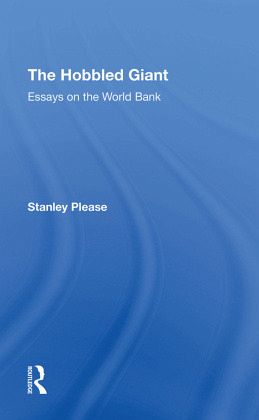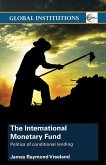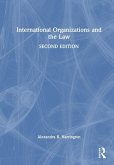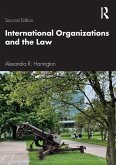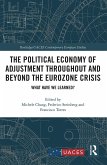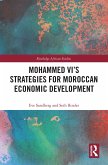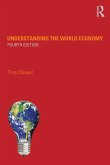First published in 1984. In these essays, Stanley Please contends that the World Bank is constrained in its ability to use its position and .power in the interests of more rapid development of the poorer countries of the world. These constraints derive in large part from the legal restriction on the Bank to engage primarily in project lending and from the division of responsibility between the ·Bank and its sister institution, the International Monetary Fund (IMF). Although the Bank's financing of projects and investment programs has made a significant contribution, Mr. Please argues that greater Bank involvement in national policy formation can greatly benefit economic development. He looks at ways to increase cooperation between the Bank and the IMF, examines the policy work the Bank has done in the past and assesses the capacity of the Bank for policy formation, evaluates the need for it to do more such work, and discusses the likely responses of developing and developed countries to these changes
Bitte wählen Sie Ihr Anliegen aus.
Rechnungen
Retourenschein anfordern
Bestellstatus
Storno

